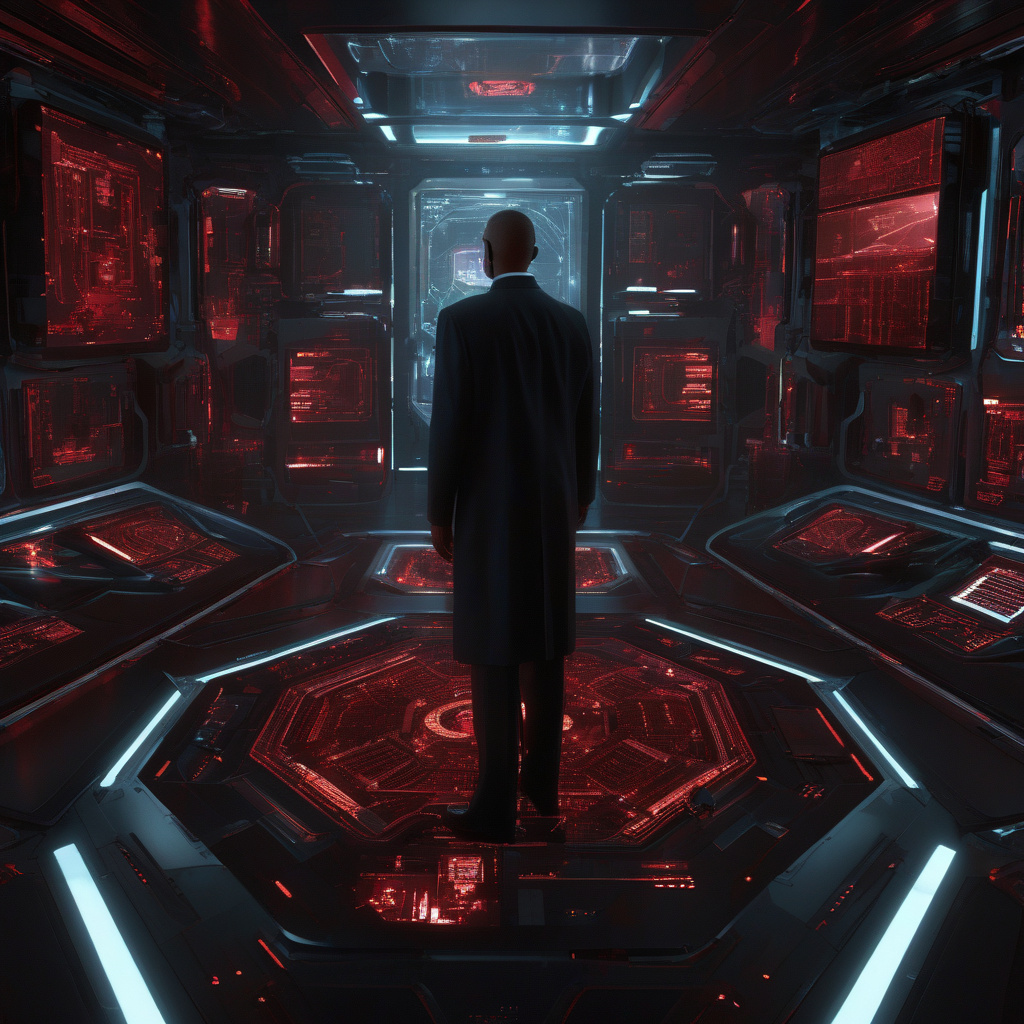In the fast-paced realm of AI development, trust is paramount. However, a recent revelation has shaken this foundation of trust. A critical vulnerability in Anthropic’s popular MCP Inspector tool has emerged, leaving developer machines susceptible to malicious attacks that can execute unauthorized code with alarming ease.
This vulnerability not only exposes the fragility of AI systems but also underscores a broader issue plaguing the tech industry – the crisis of untrusted code. With AI becoming increasingly integrated into various facets of our lives, from autonomous vehicles to healthcare systems, the stakes are higher than ever. The reliance on AI-powered technologies necessitates a robust security framework to safeguard against vulnerabilities that can be exploited by malicious actors.
The interconnected nature of modern software development means that a vulnerability in one tool or platform can have far-reaching implications across the industry. In the case of the MCP Inspector tool, the ability for attackers to execute arbitrary code on developer machines poses a significant threat to the integrity of AI projects and the sensitive data they handle.
As IT and development professionals, it is imperative to stay vigilant and proactive in addressing such vulnerabilities. Regular security audits, code reviews, and implementing best practices for secure coding are essential steps to mitigate the risks posed by untrusted code. Additionally, fostering a culture of security awareness within development teams can help in identifying and addressing vulnerabilities at an early stage.
In response to the MCP vulnerability, Anthropic and other stakeholders must act swiftly to patch the issue and enhance the security measures of their tools. Transparency in communicating about such vulnerabilities and providing timely updates to users is crucial in maintaining trust and credibility within the developer community.
Ultimately, the MCP vulnerability serves as a wake-up call for the industry to reevaluate its approach to security in AI development. By prioritizing security, promoting collaboration among developers, and investing in robust security measures, we can mitigate the risks posed by untrusted code and uphold the integrity of AI systems in an increasingly interconnected digital landscape.

